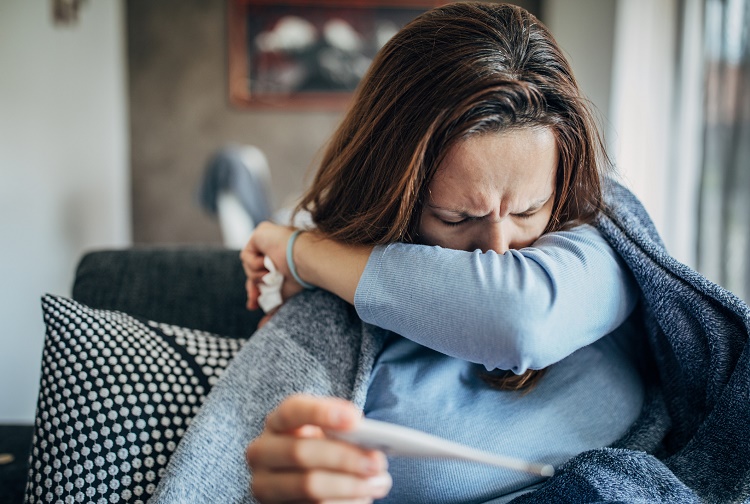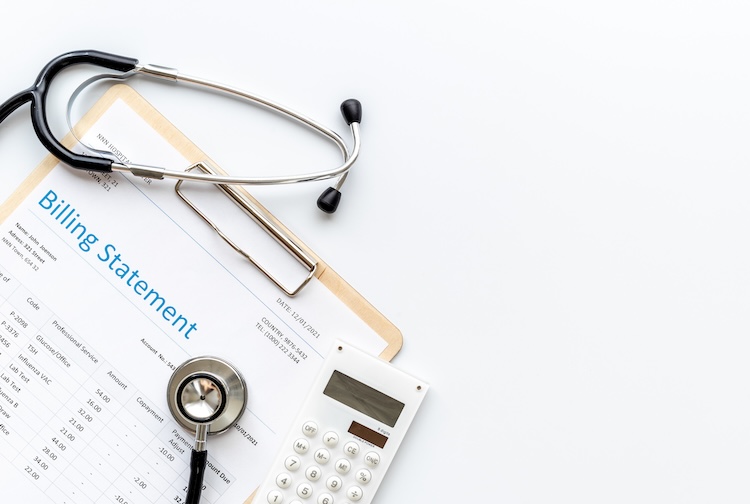
‘Tis the season for seasonal allergies
As the pollen concentration increases, increase your knowledge about seasonal allergies and the best ways to treat allergy symptoms.
March 21, 2023 Although pollen is an airborne allergen, people often see a fine yellow dust outside on their cars, windows and doors. (Getty Images)
Although pollen is an airborne allergen, people often see a fine yellow dust outside on their cars, windows and doors. (Getty Images)
By Jayla Parker
For most, the idea of spring brings excitement for warm weather, beach days and the openings of amusement parks. But for some, along with the excitement, the change of seasons causes concern when it comes to pollen.
Pollen grains are tiny seeds dispersed from flowering plants, trees, grass and weeds. Although pollen is an airborne allergen, people often see a fine yellow dust outside on their cars, windows and doors. They typically hit their peak during the months of April, May and June.
We spoke with Brant Ward, M.D., Ph.D., of the VCU Health Internal Medicine Department, who specializes in allergy and immunology, to learn more about seasonal allergies.
What are the most common causes of seasonal allergies for people in Central Virginia?
Tree pollens, grass pollens, and weed pollens are the most common causes of seasonal allergies. With the beautiful forests of Central Virginia, pollination often occurs from early spring through the fall.
In early spring, trees like birches, elms, maples and oaks will pollinate, but the time for the many grasses growing in meadows, along highways and, of course, in our lawns to pollinate will be late spring to early fall.
Weeds, like the infamous ragweed and others, will mostly deposit pollen in late summer through the fall.
All of these pollens are blown around by the wind, so you can be exposed without having any of those plants in your yard. On the other hand, don’t be afraid of having flowers in your garden. Flowering plants, like roses and daffodils, very rarely cause seasonal allergy symptoms
Have you noticed any unique trends over the years with the pollen levels in our region and how they affect residents?
With the trend of having milder winters and warmer summers, we’re seeing pollen counts that are both higher and earlier than in years past. As a result of that, allergy symptoms are starting earlier, lasting longer, and causing more frustration each year.
What are the key differences between COVID-19 symptoms and seasonal allergy symptoms?
Since seasonal allergies are immune system responses triggered by exposure to allergens, the main difference between the two is that allergies will NOT lead to a fever. Consequently, whenever one may have an elevated temperature, a fever will automatically point towards having an infection.
Symptoms pointing towards allergies alone will be itchy eyes, an itchy nose, or sneezing. Allergies and COVID-19 can share the symptoms of having a runny nose, nasal congestion and a sore throat from post-nasal drainage.
How can people relieve their allergy symptoms?
The newer, over-the-counter antihistamines, like Zyrtec or Allegra, can be very effective for treating the itching and sneezing that come with allergies.
For treating other symptoms, such as nasal congestion and post-nasal drainage, the best option will be a corticosteroid nasal spray, like Flonase or Nasacort, but we must note that these nasal sprays only really work if you use them consistently every day.
We typically recommend to start using the nasal spray at the beginning of the allergy season and stop only after the season is over.
Some other ways to relieve allergy symptoms include changing your clothes after being outdoors and washing your hands when you go back inside. Also, experts recommend you avoid touching your eyes while outside and pay attention to pollen forecasts on the local news.
If your symptoms are more than mild, consider seeing an allergist. They can help identify specific allergens to avoid and may be able to offer additional therapies, like allergy shots, that can be very effective at treating more severe symptoms.



